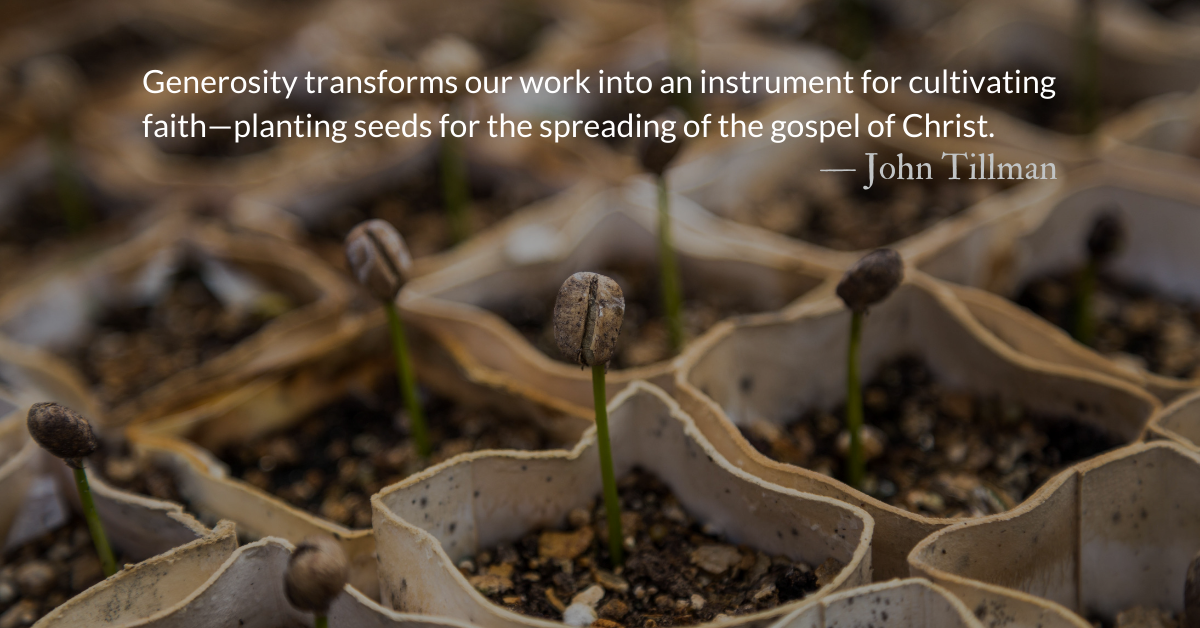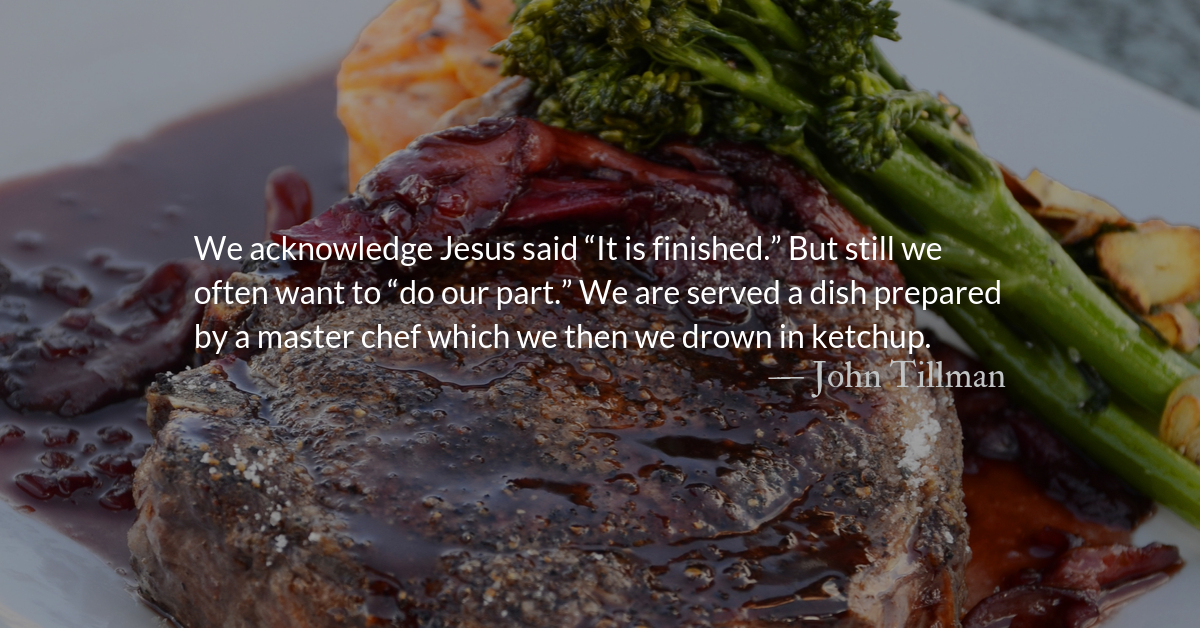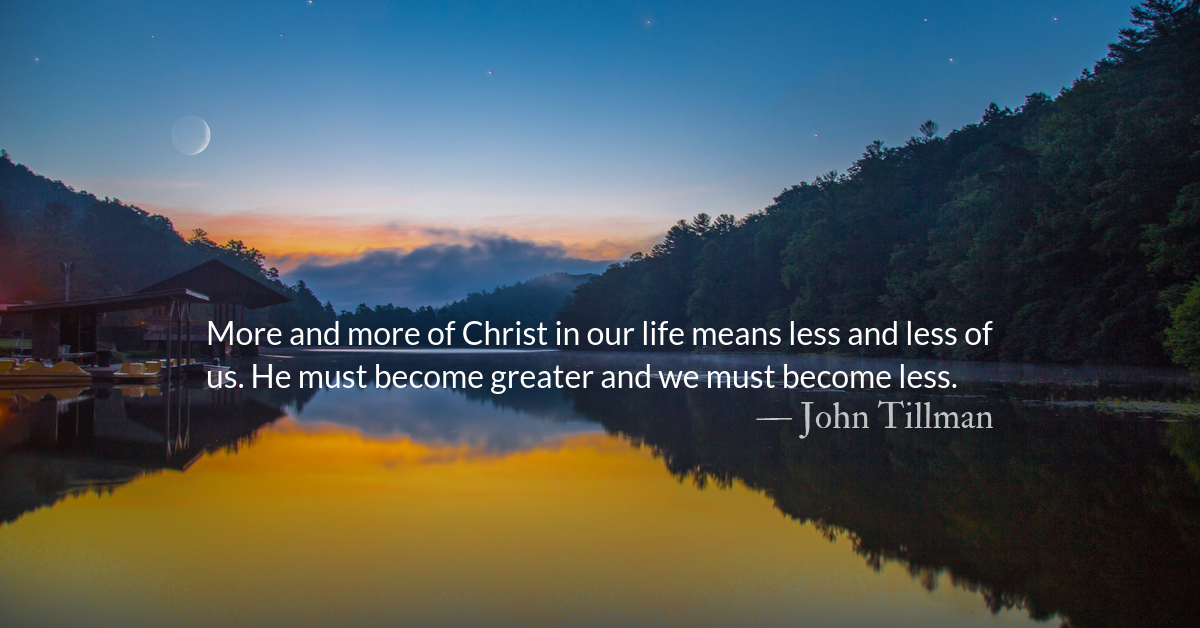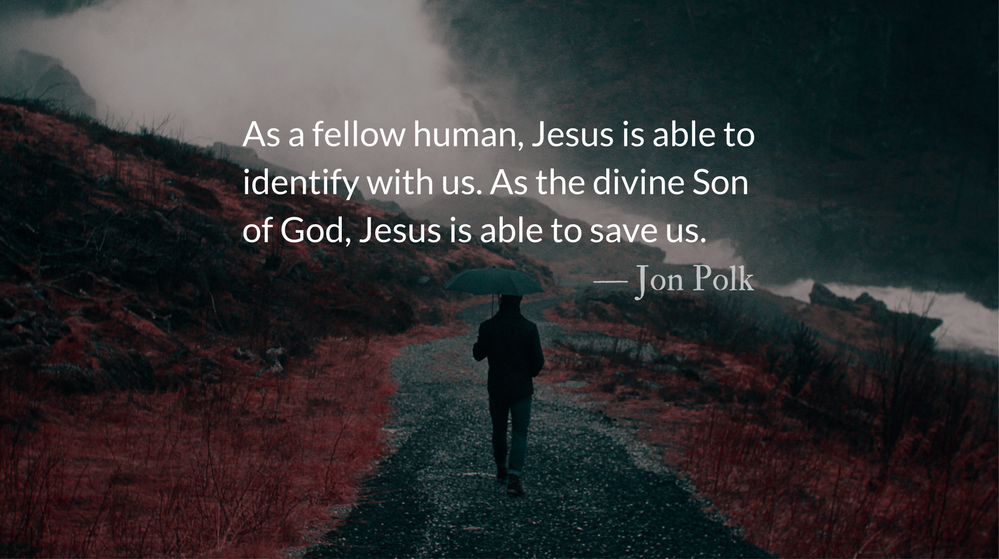Scripture Focus: 2 Thessalonians 3.7-9
We were not idle when we were with you, nor did we eat anyone’s food without paying for it. On the contrary, we worked night and day, laboring and toiling so that we would not be a burden to any of you. We did this, not because we do not have the right to such help, but in order to offer ourselves as a model for you to imitate.
Reflection: Work, Ministry, and Generosity
By John Tillman
Paul lived differently among different groups determined by their maturity, their cultural influences, and their spiritual need. Among some groups, he accepted and deeply relied on financial support. Among some groups, he paid his own way and worked in a secular trade in addition to serving the gospel. Paul said, “I have become all things to all people…” for the sake of the gospel.
Among the Thessalonians, Paul accepted no financial support, perhaps due to the fact that they were under greater persecution and hardship than others, or perhaps simply because he felt they needed the example of his hard labor. Paul served the Thessalonians, not only with his ministry work but with his “secular” work and using the gifts of other churches.
The question for believers is, which church are you? Are you receiving ministry funded by others or are you supporting ministry to others in need? The answer may be “both” or the answer may change as your circumstances change.
Many ministers, especially bi-vocational ministers, feel deeply these words of Paul, “we worked night and day, laboring and toiling so that we would not be a burden to any of you.” Pray this week especially for pastors and ministers who are laboring to serve the gospel—many of them bi-vocational, working one or more secular jobs to support their ministry. Consider your level of financial support for those ministries to which you are connected.
For those who are financial supporters of their churches and other ministries, giving can be a way of bringing greater meaning to the workplace. Work of any kind is already a holy endeavor for the Christian as we are commanded to work “as unto the Lord.” But if one is donating a certain percentage of one’s income, then as one goes through the day’s work, one can prayerfully remember, as each hour passes, the percentage of that hour that is being given over to support Christ’s work in the world.
Spiritual growth always has a purpose that we become more like Christ. As believers, our generosity is just one area in which the Holy Spirit may challenge us to grow. Financially supporting ministry work connects us more closely to the work and ministry of Christ. Growing in giving causes us to be made more into the image and pattern of Christ. Generosity transforms our work into an instrument for cultivating faith—planting seeds for the spreading of the gospel of Christ.
Divine Hours Prayer: The Refrain for the Morning Lessons
Our days are like the grass; we flourish like a flower of the field; when the wind goes over it, it is gone, and its place shall know it no more. Psalm 103.15-16
– From The Divine Hours: Prayers for Autumn and Wintertime by Phyllis Tickle.
Today’s Readings
2 Kings 3 (Listen – 4:29)
2 Thessalonians 3 (Listen -2:16)
Thank You!
Thank you to our donors who support our readers by making it possible to continue The Park Forum devotionals. This year, The Park Forum audiences opened 200,000 emails with free, and ad-free, devotional content. Follow this link to join our donors with a one-time or a monthly gift.
Read more about How to Know When to Give
Give without question or hesitation to whomever the Spirit directs you to give.
Read more about The Context of The Widow’s Mite
The bright light of the widow’s faith shines within the darkness of hypocrisy and abuse.











